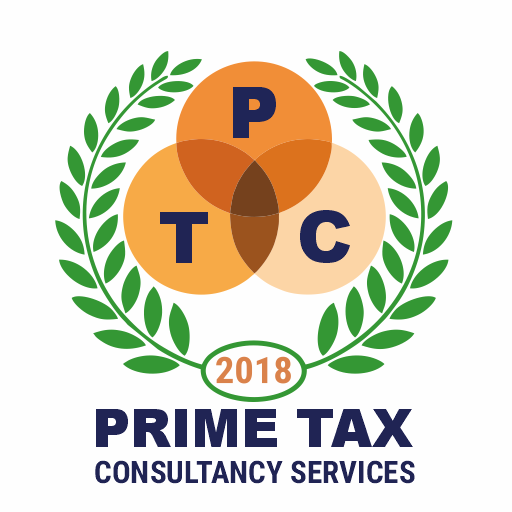We deal with all types of firm and conpany registrations including One Person Company (OPC), Limited Liability Partnership (LLP), Private Limited Company (PLC) and Public Limited Company (PLC).
Our Busines Registration Services
- GST
- Company
- Partnership
- MSME
- Food License (FSSAI)
- Shop/Labour License
- PF & ESI
- TAN

➤ APPLICABILITY OF VARIOUS LABOUR LAWS
The labour laws derive their origin, authority and strength from the provisions of the Constitution of India. The relevance of the dignity of human labour and the need for protecting and safeguarding the interest of labour as human beings has been enshrined in Chapter-III and Chapter IV of the Constitution of India keeping in line with Fundamental Rights and Directive Principles of State Policy. Labour Laws are imposed by the State as well as Central Government. It regulates the companies, workers, traders, apprentices, establishments etc. Non-compliance with the laws can lead to punitive action towards the organization.
Following are the list of applicability of Labour Laws on different organizations:
| SERIAL NO | NAME OF THE ACT | APPLICABILITY |
| 1 | The Employees’ Compensation Act, 1923 | (i) It applies to employees working in factories, mines, docks, construction establishments, plantations, oilfields and other establishments listed in Schedule II of the Employee’s Compensation Act. (ii) It also applies to persons recruited for working abroad and who is employed outside India as in Schedule II of the Act. (iii) It also applies to a person recruited as the driver, helper, mechanic, cleaner or any other in connection with a motor vehicle and to a captain or other member of the crew of an aircraft. |
| 2 | The Trade Unions Act, 1926 | It applies on the Union of Workers and Association of Employees |
| 3 | The Payment of Wages Act, 1936 | This Act is applicable to all persons employed, whether directly or through contractors, in a factory, upon railways or certain specified industrial or other establishments. |
| 4 | The Industrial Employment (Standing Orders) Act, 1946. | It applies to every industrial establishment wherein 100 or more workmen are employed. |
| 5 | The Industrial Disputes Act, 1947 | It applies to every Industry and its various industrial establishment carrying on any business, trade, manufacture or distribution of goods and services irrespective of the number of workmen employed there in. |
| 6 | The Minimum Wages Act, 1948 | It applies to every employer that employs 1000 or more employees in the respective state. |
| 7 | The Employees’ State Insurance Act, 1948 | It applies to all factories and other establishments in such where 10 or more persons employed and the beneficiaries’ monthly wage does not exceed Rs. 21,000/- are covered under the scheme. |
| 8 | The Factories Act, 1948 | It applies in the Factory using power & employing 10 or more workers and if not using power, employing 20 or more workers on any day of the preceding twelve months |
| 9 | The Employees’ Provident Funds and Miscellaneous Provisions Act, 1952 | It applies to establishments who employ a minimum of 20 employees |
| 10 | The Maternity Benefit Act, 1961 | (i) The Maternity Benefit Act, 1961 is applicable to mines, factories, circus industry, plantations, shops and establishments engaged in the exhibition of equestrian, acrobatic and other performances, irrespective of the no of employees. (ii) Every shop or establishment wherein employing ten or more persons |
| 11 | The Payment of Bonus Act, 1965 | Every factory and every other establishment in which twenty or more persons are employed on any day during an accounting year. |
| 12 | The Contract Labour (Regulation and Abolition) Act, 1970. | It applies to any establishment in which twenty or more workmen are employed on any day of the accounting year as contract labour. |
| 13 | The Payment of Gratuity Act, 1972 | Every factory, mines, oilfields, plantations, ports, railway companies, shops or and every other establishment in which ten or more persons are employed on any day during an accounting year. |
| 14 | The Equal Remuneration Act, 1976 | It applies to all employees working in mines, factories, plantations, construction establishments, oilfields, etc. |
| 15 | The Child and Adolescent Labour (Prohibition and Regulation) Act, 1986 | It applies to an establishment or a class of establishments in which, where child labour are involved. |
| 16 | Sexual Harassment of Women at Workplace Act, 2013 | It is applicable to every workplace, establishment, company or organization employing 10 or more employees (full time, part time, interns or consultants included) irrespective of its location or nature of industry. |
| 17 | The Apprentices Act, 1961 | The Act is applicable to engineering, non-engineering, technology or any vocational course. The employer is required to provide training facilities to apprentices. |
If you want to start a new business in India, you must apply to the Ministry of Corporate Affairs (MCA). You can also apply online through the MCA portal. A Digital Signature Certificate (DSC) and a Director Identity Number (DIN), among other things, are required for registration.

